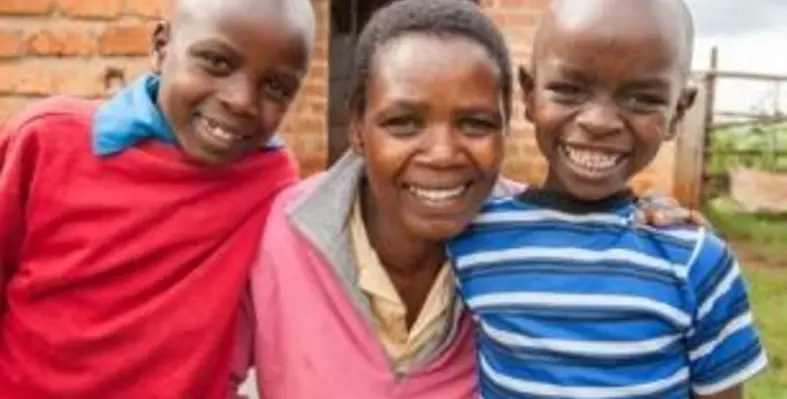Habitat for Humanity’s Terwilliger Centre for Innovation in Shelter, an organisation that is solving the technology challenges faced by those experiencing homelessness, has launched its first ShelterTech Accelerator Kenya programme
This programme aims to better tailor housing markets to the needs of low-income households and to identify, promote and accelerate Kenyan start-ups and high-growth companies that offer low-income housing products and services.
Access to adequate housing for low-income households is a critical development problem in many countries around the world. Kenya, where housing is recognised in the constitution as a basic human right, is no exception.
About 61 per cent of Kenyans live in a temporary shelter or extremely low-quality housing, affecting the overall well-being of households.
The programme will bring together entrepreneurs, government, corporations and development partners to identify and present innovation to improve access to shelter.
With more than 94 applications from across Kenya, 30 start-ups and scale-ups will be selected to undergo a six-month acceleration programme, giving them access to expertise, networks and the opportunity to win up to US$50,000 in investment in their business.
The programme runs from November 2018 to May 2019.
Jane Otima, Habitat for Humanity’s associate director for Market Systems and Entrepreneurship, said, “The ShelterTech Accelerator Kenya will contribute to the government of Kenya’s affordable housing pillar that aims to have at least 500,000 affordable homes in all major cities while ensuring 350,000 people get jobs in the housing sector by 2022.”
BDO’s CEO Sandeep Khapre noted that the ShelterTech Accelerator programme is an innovative initiative, which will help build and expand inclusive housing markets.
Pangea’s CEO Jonas Tesfu stated that the startup ecosystem continent-wide, if given the right tools and means to invest is as vibrant as any other industry across the globe. Jonas notes that Africa remains very attractive as a new startup frontier, “Africans and non-Africans alike are looking to be part of its rapid development and are seeking ways to make this happen.”












